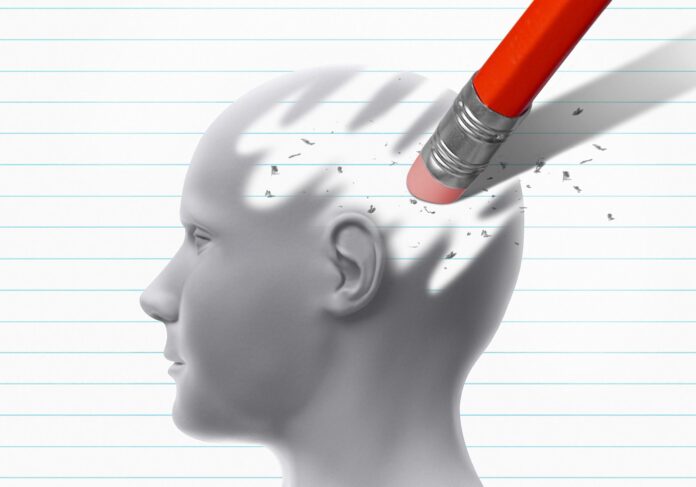As people grow older, their brains go through many changes. These changes can impact memory, thinking, and overall brain health. Recent research highlights how aging may increase the risk of dementia and other brain-related problems. Understanding these changes can help us take better care of our brains as we age.
What Happens to the Brain as We Age?
The brain naturally shrinks over time. This process starts around the age of 30 and speeds up after 60. The shrinking affects areas responsible for memory, decision-making, and problem-solving. Over time, this can lead to slower thinking, forgetfulness, and difficulty focusing.

The Role of Dementia
Dementia is not a normal part of aging. It is a condition where brain function declines more rapidly than expected. Alzheimer’s disease is the most common form of dementia, followed by vascular dementia, which is caused by reduced blood flow to the brain. Risk factors for dementia include aging, genetics, lifestyle choices, and certain health conditions like diabetes and high blood pressure.
Key Findings from Recent Studies
Recent research suggests that brain aging happens in “waves.” This means certain parts of the brain may show signs of decline earlier than others. Scientists are studying these patterns to better predict and prevent dementia. The studies also show that brain health is influenced by both genetic factors and lifestyle choices.
How to Protect Your Brain as You Age
While aging is inevitable, there are ways to reduce the risk of dementia and keep your brain healthy:
- Stay Physically Active: Exercise improves blood flow to the brain and boosts mental health.
- Eat a Balanced Diet: Focus on fruits, vegetables, whole grains, and healthy fats to nourish your brain.
- Challenge Your Mind: Activities like puzzles, reading, and learning new skills keep your brain sharp.
- Stay Social: Connecting with others reduces feelings of loneliness and supports mental well-being.
- Manage Chronic Conditions: Control blood pressure, diabetes, and cholesterol levels to reduce risk.
Early Signs to Watch For
Recognizing the early signs of dementia can lead to early intervention. Symptoms include:
- Forgetting recent events or conversations.
- Struggling to complete familiar tasks.
- Confusion about time or place.
- Difficulty finding the right words.
If you or someone you know shows these signs, consult a doctor for an evaluation.
Aging is a natural part of life, but taking steps to care for your brain can make a big difference. By staying active, eating well, and keeping your mind engaged, you can support brain health and reduce the risk of dementia. Early awareness and healthy habits are the keys to aging gracefully.


